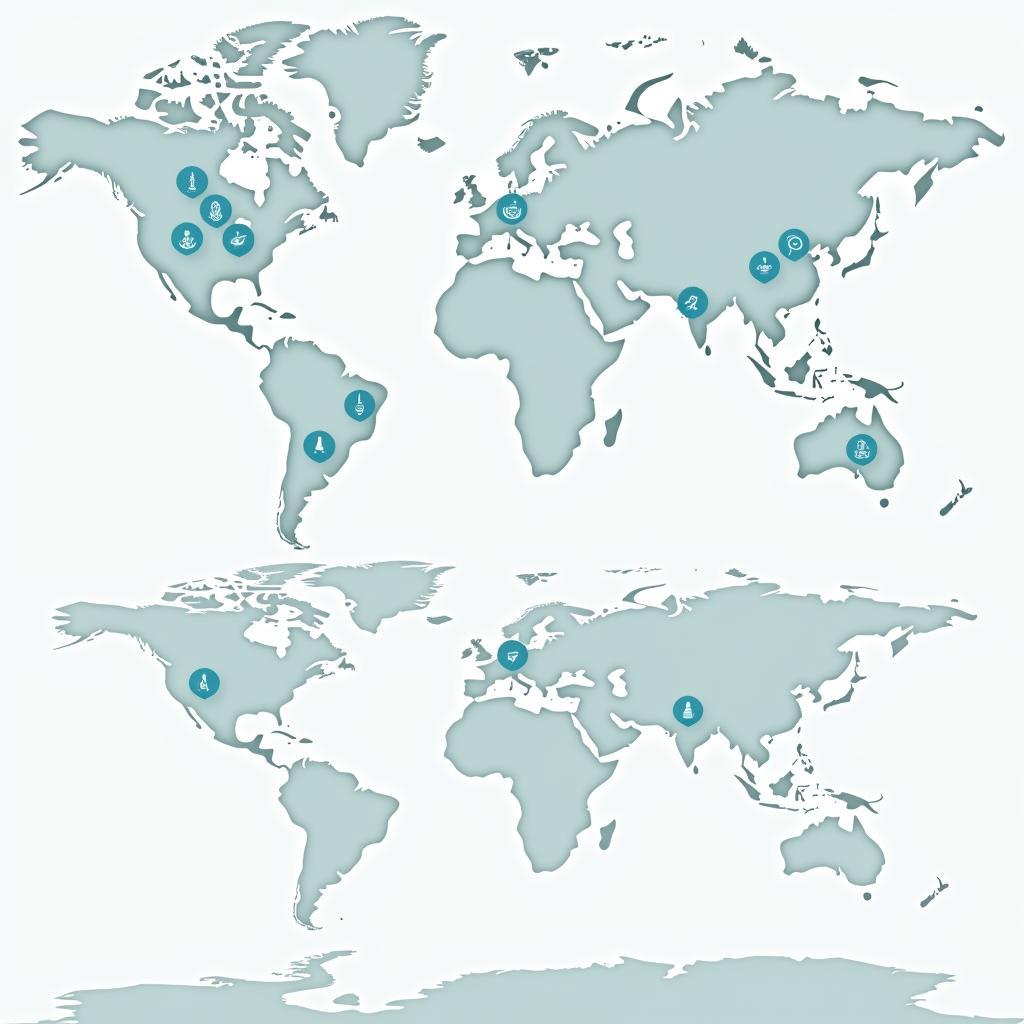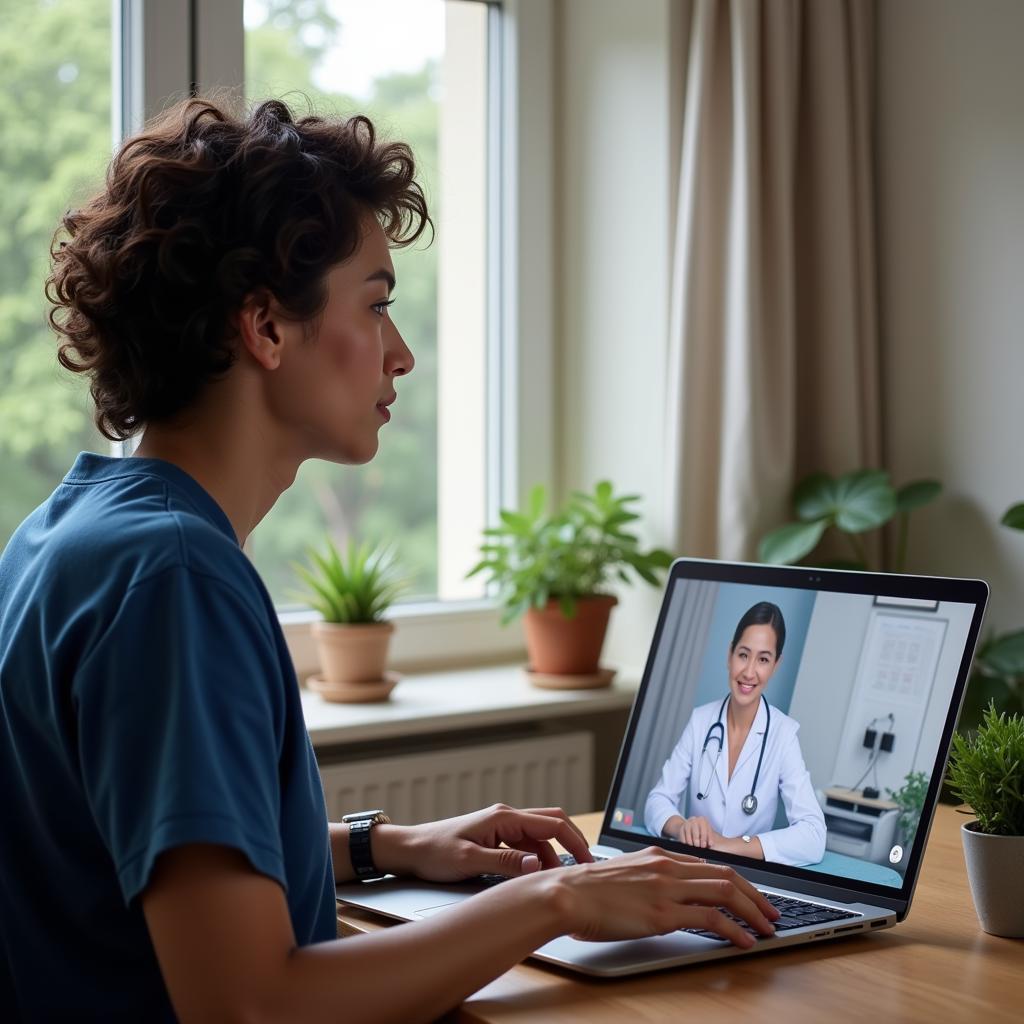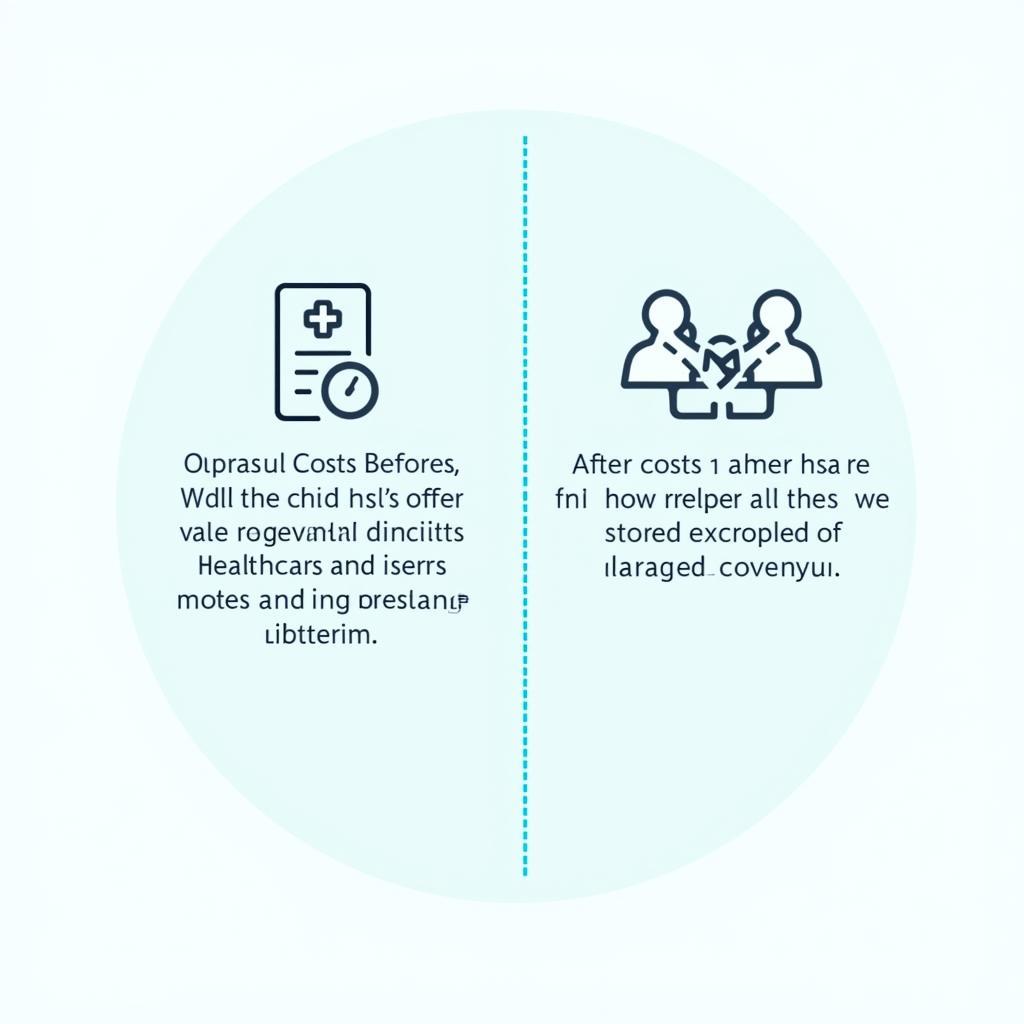How to Improve Access to Health and Social Care Services
Accessing health and social care services can be challenging for many individuals. Long wait times, limited resources, and geographical barriers can all create obstacles to receiving timely and adequate care. However, by implementing effective strategies and leveraging technological advancements, we can significantly improve access and ensure that everyone gets the support they need.
Understanding the Barriers to Access
Before diving into solutions, it’s crucial to understand the multifaceted barriers that hinder access to health and social care services. These can include:
- Geographical Location: Individuals in rural or remote areas often face longer travel distances and limited availability of specialized services.
- Socioeconomic Factors: Financial constraints, lack of transportation, and limited health literacy can disproportionately impact marginalized communities.
- Disability and Age: People with disabilities or older adults may require additional support and accessible facilities to access care.
- Language and Cultural Barriers: Language differences and cultural beliefs can create misunderstandings and hinder effective communication between patients and providers.
 Overcoming Geographical Barriers to Healthcare
Overcoming Geographical Barriers to Healthcare
Leveraging Technology for Improved Access
Technology plays a transformative role in bridging the gap in healthcare accessibility.
- Telehealth: Virtual consultations, remote patient monitoring, and online support groups are breaking down geographical barriers and allowing individuals to connect with healthcare professionals from the comfort of their homes.
- Mobile Health Apps: Smartphone applications are empowering patients to actively manage their health, schedule appointments, access medical records, and receive personalized reminders.
- Electronic Health Records (EHRs): EHRs streamline information sharing among healthcare providers, reducing delays in care and improving coordination of services.
 Telehealth Consultation in Remote Area
Telehealth Consultation in Remote Area
Strengthening Community-Based Support Systems
Building strong community-based support systems is essential to enhance access, particularly for vulnerable populations.
- Community Health Centers: Expanding the network of community health centers, particularly in underserved areas, can provide comprehensive and culturally sensitive care.
- Outreach Programs: Proactive outreach initiatives can help identify individuals in need and connect them with available resources.
- Transportation Assistance: Providing transportation assistance programs can alleviate the burden of travel costs and improve access for individuals with limited mobility.
Fostering Collaboration and Integration
Breaking down silos between healthcare and social care sectors is crucial to providing holistic and coordinated support.
- Integrated Care Models: Implementing integrated care models that connect physical health, mental health, and social care services can address the complex needs of individuals more effectively.
- Data Sharing Agreements: Establishing secure data sharing agreements between healthcare providers and social service organizations can facilitate seamless transitions and avoid duplication of services.
- Case Management: Assigning dedicated case managers to individuals with complex needs can ensure continuity of care and navigate them through the intricate healthcare system.
 Community Health Center Providing Essential Services
Community Health Center Providing Essential Services
Empowering Patients Through Education and Advocacy
Informed patients are better equipped to navigate the healthcare system and advocate for their needs.
- Health Literacy Programs: Promoting health literacy programs can empower individuals to understand their health conditions, make informed decisions, and effectively communicate with healthcare providers.
- Patient Navigation Services: Providing patient navigation services, either in-person or virtually, can guide individuals through the healthcare system, assist with appointments, and connect them with relevant resources.
- Community Advocacy Groups: Supporting community advocacy groups can amplify the voices of patients, raise awareness about access barriers, and advocate for policy changes.
Conclusion
Improving access to health and social care services requires a multifaceted approach that addresses geographical, socioeconomic, and systemic barriers. By harnessing technology, strengthening community support, fostering collaboration, and empowering patients, we can create a more equitable and accessible healthcare system that ensures everyone receives the care they need, when they need it. Is a car service mandatory? Learn more about car service options and their importance on our website.
FAQs
1. What is telehealth and how can it improve access to healthcare?
Telehealth refers to the use of technology to deliver healthcare services remotely. It encompasses virtual consultations, remote patient monitoring, and online support groups. Telehealth can improve access by overcoming geographical barriers, reducing travel time and costs, and increasing the availability of specialized services.
2. How can I find transportation assistance to medical appointments?
Many community organizations and healthcare providers offer transportation assistance programs. Contact your local social service agencies, senior centers, or healthcare providers to inquire about available options.
3. What are community health centers and what services do they provide?
Community health centers are non-profit healthcare providers that serve medically underserved communities. They offer a comprehensive range of services, including primary care, dental care, mental health services, and social support programs.
4. How can I improve my health literacy?
There are numerous resources available to improve health literacy. You can access reliable health information online, attend workshops offered by community organizations, or ask your healthcare provider for educational materials.
5. How can I get involved in advocating for improved healthcare access?
Consider joining local advocacy groups, contacting your elected officials to voice your concerns, or supporting organizations working to improve healthcare access.
Need help finding a car service around you? Check out our comprehensive guide on what car service are around me to explore options in your area. If you’re wondering how find out service history of car, we’ve got you covered with expert tips and resources.
Remember, access to quality healthcare is a fundamental right, and by working together, we can create a more just and equitable system for all.
If you require immediate assistance with car services, our team is available 24/7 via WhatsApp at +1(641)206-8880 or email at [email protected].

